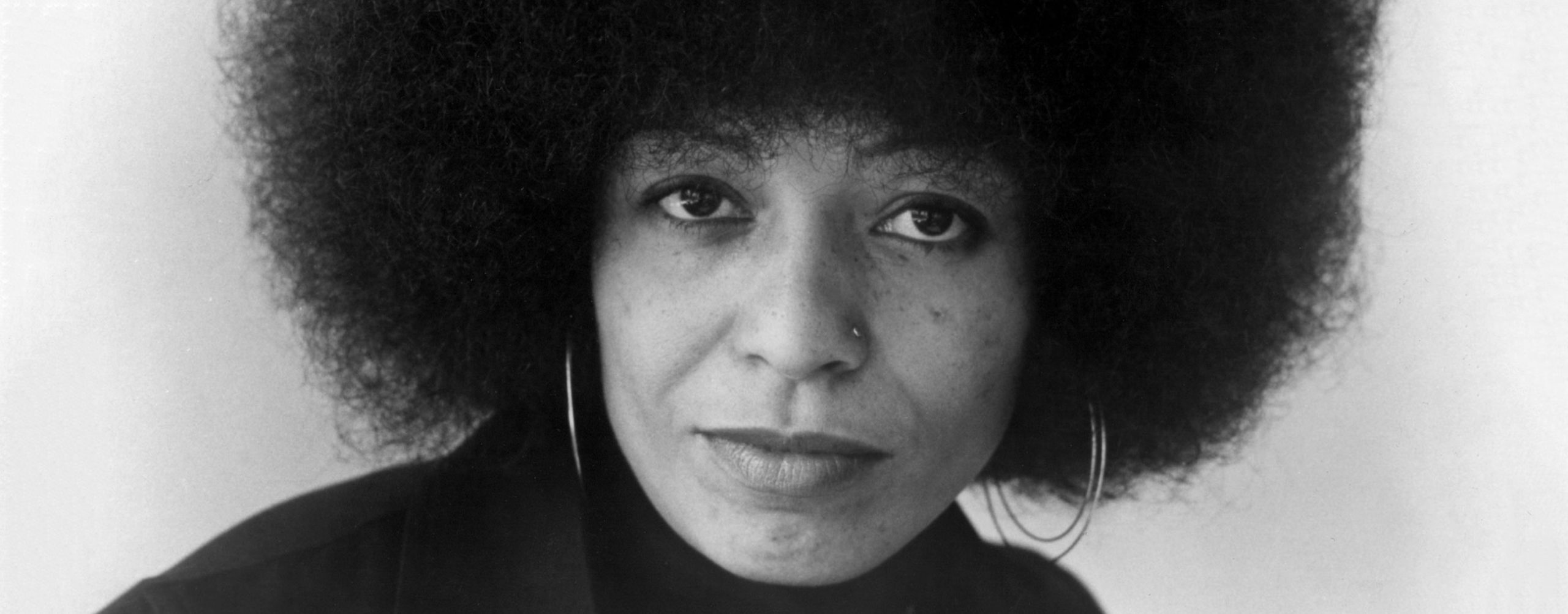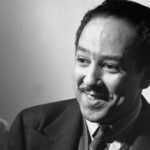Angela Yvonne Davis, an emblematic figure in the struggle for civil rights, social justice, and academic excellence, has lived a life marked by activism, controversy, and profound influence on both the political and academic landscapes. Her journey from a young girl in Birmingham, Alabama, to a globally recognized scholar and activist encapsulates a relentless pursuit of justice and equality. This comprehensive biography explores Davis’s early life, her significant contributions to social justice, her notable works, and her enduring impact on society.
Early Life and Background
Angela Davis was born on January 26, 1944, in Birmingham, Alabama, into a family deeply involved in the civil rights movement. Growing up in an area known as “Dynamite Hill,” named for the frequent bombings by the Ku Klux Klan, Davis was acutely aware of the racial injustices prevalent in the American South. This early exposure to racial dynamics deeply influenced her future path.
Education and Radicalization
Davis’s intellectual journey took her to Brandeis University, where she studied under the tutelage of Herbert Marcuse, a critical theorist who became a lifelong mentor. Her academic pursuits led her to the Sorbonne in Paris and then to the University of Frankfurt in Germany. However, it was her involvement with the Communist Party USA and the Black Panther Party that marked the beginning of her active engagement in civil rights and her advocacy for prison reform.
Legal Challenges and Activism
Angela Davis’s activism thrust her into the national spotlight in the early 1970s when she was implicated in a courthouse shooting in Marin County, California. Her subsequent arrest and trial became a cause célèbre, symbolizing the era’s racial and political tensions. Davis’s acquittal in 1972 was celebrated worldwide, cementing her status as a symbol of resistance against oppression.
Academic Career and Literary Contributions
Beyond her political activism, Davis has made significant contributions to academia. She has taught at several prestigious institutions, including the University of California, Santa Cruz, and San Francisco State University. Davis’s scholarship, particularly in the areas of feminism, race, and the criminal justice system, has been influential. Her notable works include “Women, Race, & Class” (1981) and “Are Prisons Obsolete?” (2003), among others.
Legacy and Influence
Angela Davis’s legacy is multifaceted, encompassing her fight against the prison-industrial complex, her advocacy for gender equality, and her critique of racial capitalism. She remains a vital figure in discussions on social justice, with her work continuing to inspire activists and scholars worldwide.
Notable Quotes by Angela Davis
- “Radical simply means ‘grasping things at the root.'”
- “I am no longer accepting the things I cannot change. I am changing the things I cannot accept.”
- “Prisons do not disappear social problems, they disappear human beings.”
Top 20 Questions About Angela Davis
- When and where was Angela Davis born?
- January 26, 1944, in Birmingham, Alabama.
- What was Davis’s role in the civil rights movement?
- She was an activist who campaigned against racial discrimination, prison reform, and gender equality.
- Did Angela Davis have any affiliations with political parties or movements?
- Yes, she was a member of the Communist Party USA and associated with the Black Panther Party.
- What legal challenges did Angela Davis face?
- She was charged with aggravated kidnapping and first-degree murder related to a 1970 courthouse shooting but was acquitted in 1972.
- What are Angela Davis’s academic qualifications?
- She graduated from Brandeis University, studied at the Sorbonne in Paris, and attended the University of Frankfurt.
- Has Angela Davis written any books?
- Yes, she is the author of several books, including “Women, Race, & Class” and “Are Prisons Obsolete?”
- What universities has Angela Davis taught at?
- Including the University of California, Santa Cruz, and San Francisco State University.
- What awards has Angela Davis received?
- She has been recognized with numerous awards for her activism and scholarship, though specifics vary over time.
- Is Angela Davis still active in activism and academia?
- Yes, she continues to speak out on issues of social justice, race, and gender equality.
- What is Angela Davis’s stance on prison reform?
- She advocates for the abolition of the prison-industrial complex, arguing it perpetuates racial and economic injustice.
- How did Angela Davis become a symbol of resistance?
- Her arrest, trial, and subsequent acquittal, combined with her outspoken activism, made her a global symbol of the fight against oppression.
- What impact did Angela Davis have on feminism?
- Davis contributed significantly to intersectional feminism, highlighting the interconnections between race, gender, and class.
- Did Angela Davis run for political office?
- Yes, she ran for Vice President of the United States on the Communist Party ticket in 1980 and 1984.
- How has Angela Davis influenced contemporary social movements?
- Her work has inspired movements like Black Lives Matter and campaigns against mass incarceration.
- What is Angela Davis’s view on capitalism?
- Davis criticizes racial capitalism and advocates for a more equitable economic system.
- How did Angela Davis’s upbringing influence her activism?
- Growing up in racially segregated Birmingham, Alabama, instilled in her a deep commitment to fighting racial injustice.
- What documentaries or films have been made about Angela Davis?
- “The Black Power Mixtape 1967–1975” and “Free Angela and All Political Prisoners” are among the notable documentaries.
- Has Angela Davis received any honorary degrees?
- Yes, she has been awarded several honorary degrees in recognition of her contributions to social justice and academia.
- What role does Angela Davis play in education today?
- She continues to lecture, write, and participate in academic and public discussions on social justice issues.
- What can be learned from Angela Davis’s life and work?
- Davis’s life teaches the importance of resilience, the power of voice in effecting change, and the necessity of continuous struggle for justice and equality.
Angela Davis’s enduring legacy as a scholar, activist, and advocate for justice continues to resonate across generations, embodying the ongoing struggle for a more equitable and just society. Her life’s work serves as a beacon for those committed to challenging systemic inequalities and envisions a world where freedom and justice are attainable for all.





